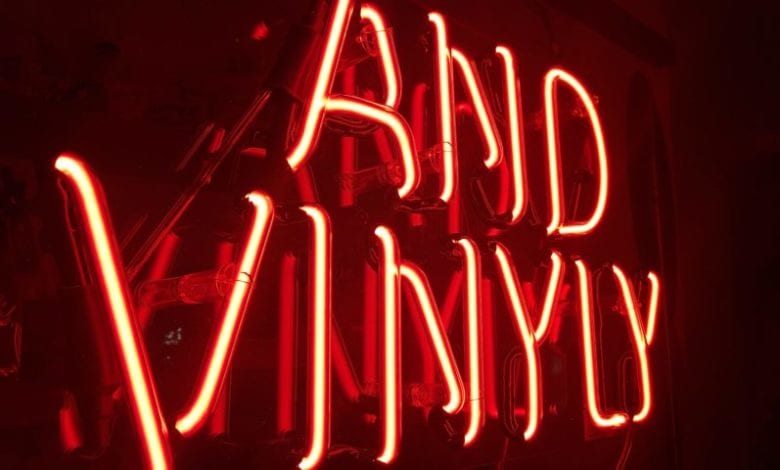Features
And Vinyly

And Vinyly is a company that’s taking advantage of the longevity of vinyl records and combining it with the sentimentality of the memories of a passed loved one; SHEKINA TUAHENE caught up with record label boss JASON LEACH to find out more.
You'll need to
subscribe to unlock this content. Already subscribed? Login?







